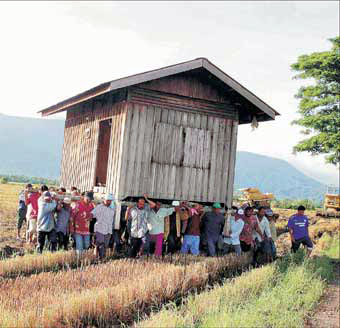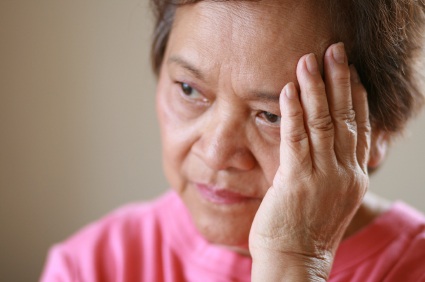An open invitation to all Muslims & Non-Muslims, Malays & Non-Malays alike...
The Organising Committee of Kampung Utara Melbourne (KUM) proudly presents...
An Informal Sharing Session
Topic: The Australian-Malay Diaspora: Prospects & Challenges (English/Malay)
Presenter: Dr. Syed Md. Khairudin Aljunied, Department of Malay Studies, National University of Singapore (NUS)
Date: Friday 30th September 2011
Time: 8:00 PM to 9:30 PM (Isya' Prayer will commence at 7:30 PM)
Venue: Broadmeadows Youth Central, 33-37 Pearcedale Parade, Broadmeadows, VIC 3047 (Opp. Safeway Petrol Station) (Nearest Train Station: Broadmeadows)
Admission is FREE! However, if you wish, please bring along a gold coin.
Abstract:
 |
Dr. Syed Md. Khairudin Aljunied, Department of
Malay Studies, National University of Singapore |
The history of Malay migration from Southeast Asia to Australia can be traced back to the late 19th century. It first began with the arrival of Malay indentured labourers in Thursday Island, Queensland; Darwin, Northern Territory and Broome, Western Australia. Bounded by contract to their White Masters, these Malays worked as divers, cooks, pump hands and crewmen in Australia's then flourishing pearl-shelling industry.
However, over the decades and especially in recent years, the profile of Malay migrants in Australia has evolved into one that is more economically driven. Many of them today, are entering Australia as skilled tradesmen or professionals. In this talk, Dr. Khairudin will discuss some of the challenges faced by minority-migrant communities in their host countries. He will also share with the audience, some insights on what the Australian-Malay community can do to strengthen themselves, thus, becoming "power minorities" and value-add to the Australian society at large.





